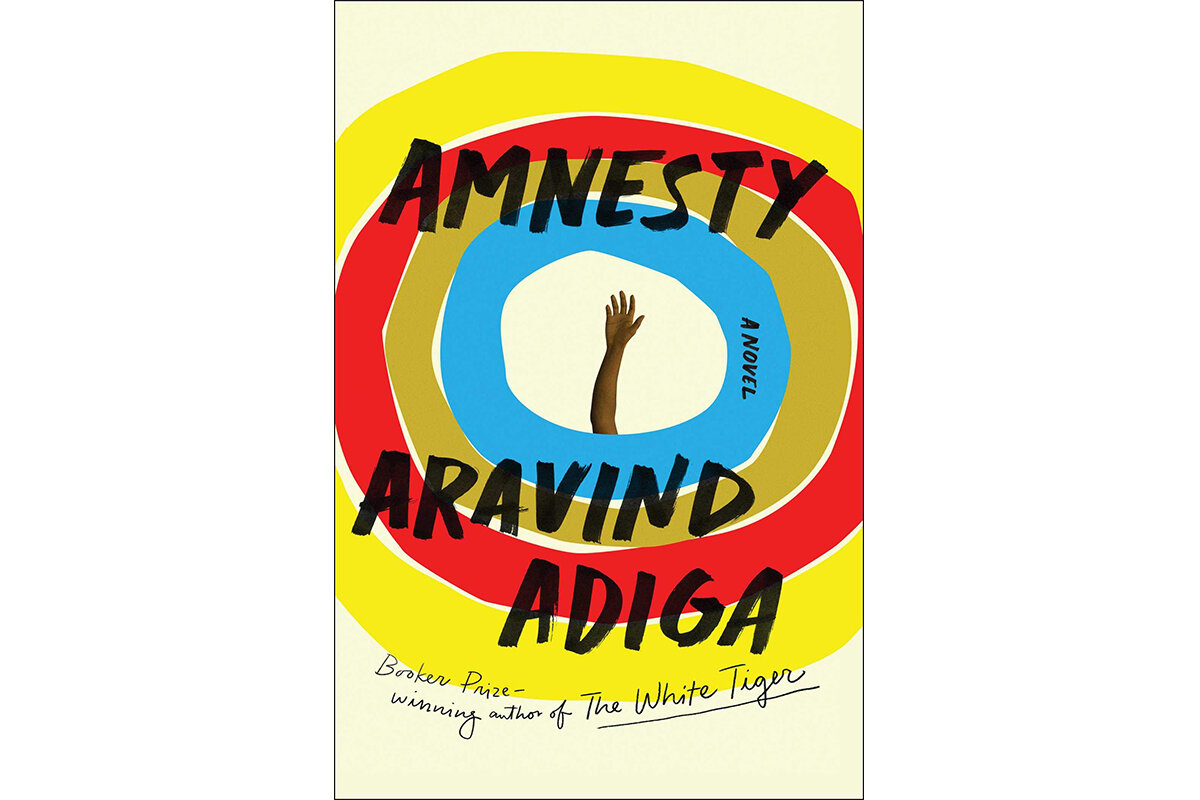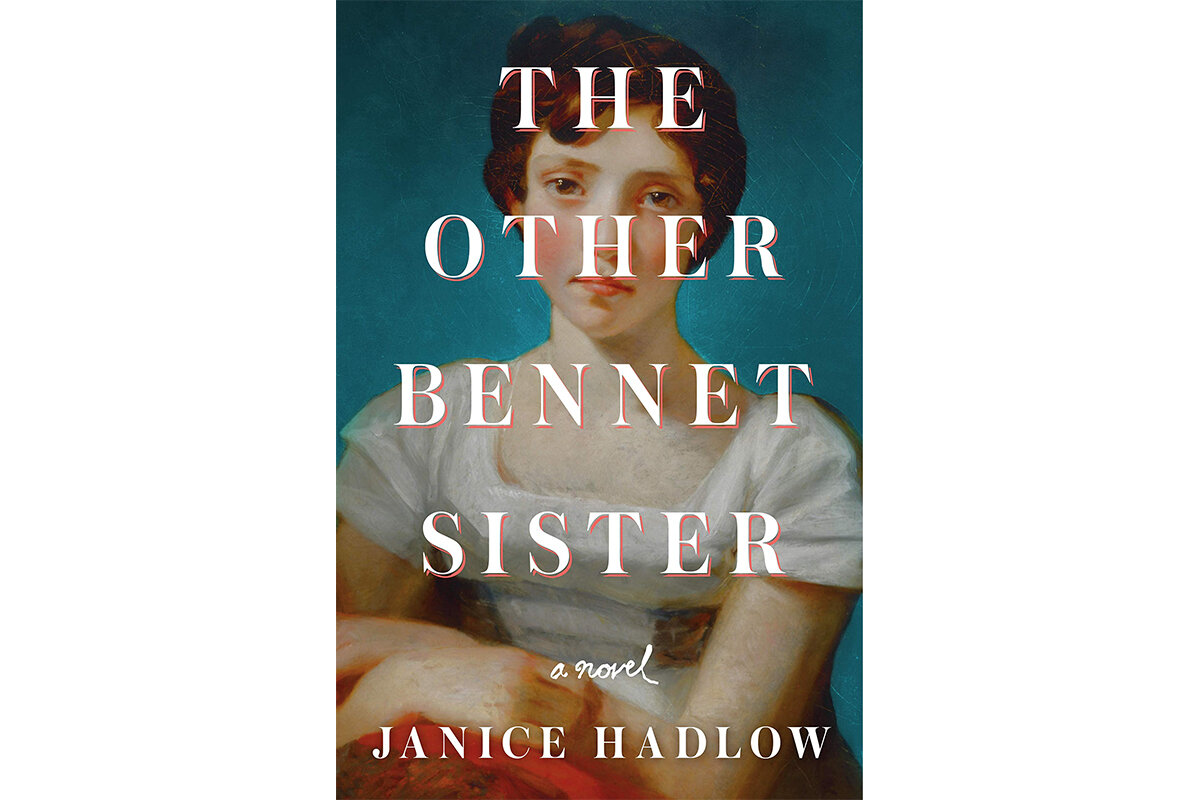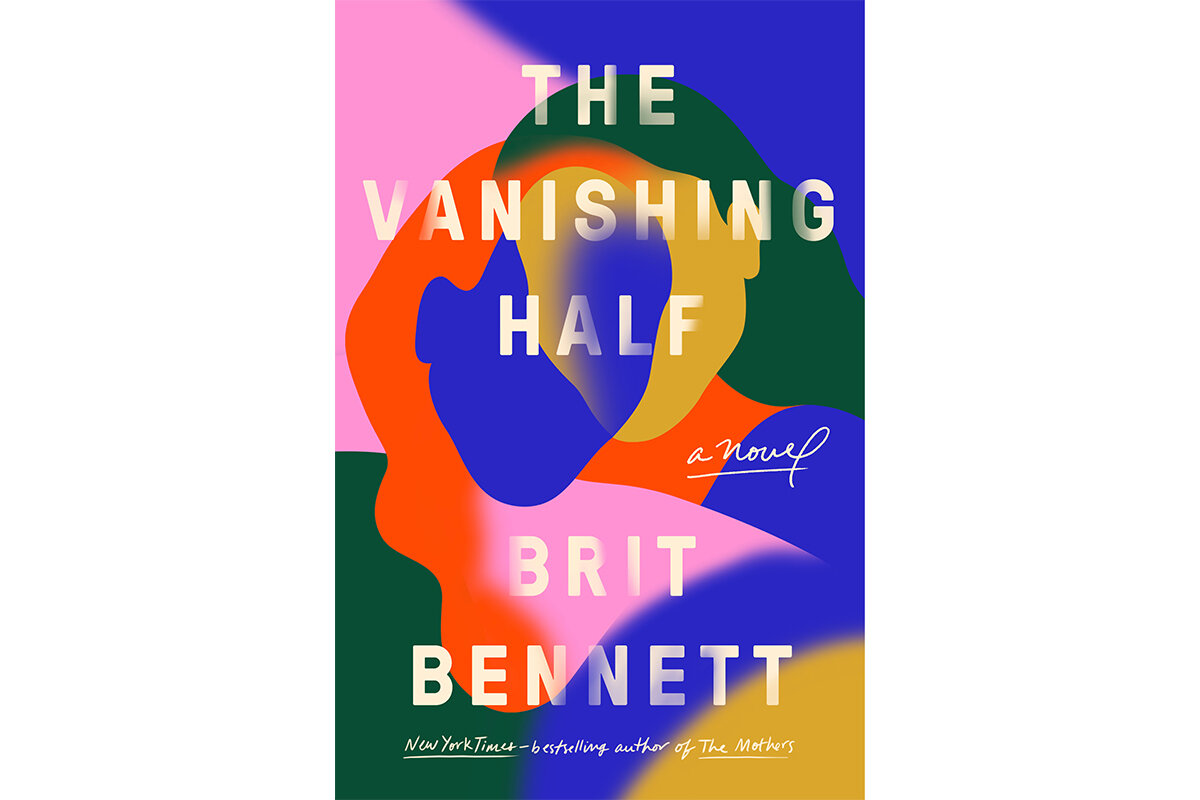See the world differently with the best fiction books of 2020
Loading...
Stories offer a chance to understand the world, and the Monitor’s picks for the best fiction books of 2020 offer clarity and insight. From cozy mysteries to studies on the immigrant experience, there’s something for everyone on this list.
“Amnesty” by Aravind Adiga
A Sri Lankan man living as an unauthorized immigrant in Australia discovers that he holds key information in a murder case. But if he goes to the authorities to reveal the killer, he will also reveal himself. Aravind Adiga unfolds a compelling story that pits self-interest against conscience.
“Hamnet” by Maggie O’Farrell
Irish-born writer Maggie O’Farrell vividly renders the home life of William Shakespeare in a historical novel named for the playwright’s son, whose death at age 11 may have prompted his father to write “Hamlet.” O’Farrell extrapolates a very thin historical record into an imaginative, sensitive, and believable story.
“The Midnight Library” by Matt Haig
Nora’s life is burdened by regrets. Then she stumbles on a library with books that enable her to test out the lives she could have led. Her discoveries prove life-affirming in Matt Haig’s dazzling fantasy.
“Simon the Fiddler” by Paulette Jiles
A fiddler conscripted into the Confederate Army crosses paths with an Irish woman, the indentured servant of a Union officer. When the South surrenders and Simon immerses himself in his music, he still longs for her. Beautifully told with lyrical descriptions, the novel illuminates the everyday struggles of the era.
“The Index of Self-Destructive Acts” by Christopher Beha
New York City after the 2008 financial collapse provides the setting for Christopher Beha’s modern-day morality tale in which algorithmic thinking clashes with impulsiveness. Cleverly written with poetic overtones, the narrative provides engaging twists and turns.
“All the Devils Are Here” by Louise Penny
Inspector Gamache endeavors to uncover a sinister web of crime in the City of Light, ignited by the attempted hit-and-run of his beloved godfather. Sparkling with psychological suspense, secrets, danger, and levity, this masterful addition to Louise Penny’s “Three Pines” crime mystery series also celebrates the enduring gift of love and family.
“The Other Bennet Sister” by Janice Hadlow
Readers needn’t be fans of “Pride and Prejudice” to enjoy this novel in which Mary, the middle sister in the Jane Austen classic, steps out of the shadows. It’s a historical novel for contemporary times.
“Homeland Elegies” by Ayad Akhtar
Ayad Akhtar’s novel is a tour de force that mixes personal narrative, political history, and social commentary. Tracing the corrosive effects of scorched-earth political rhetoric and late capitalism, Akhtar explores subjects as far-ranging as the leveraging of debt, the corporatization of health care, and the state of higher education today, through his family’s fierce debates and experiences.
“The Thursday Murder Club” by Richard Osman
The backdrop for this charming and cleverly written “cozy mystery” is an upscale British retirement community. At first, the septuagenarians tackle cold cases, but when one of the developers of their community is murdered, the little club looks for answers.
“The Vanishing Half” by Brit Bennett
Twin sisters take very different paths in this gripping exploration of race, identity, and the meaning of home. A poignant combination of mystery and history, the novel moves briskly while addressing issues of great weight. While the plot occasionally hinges on unlikely coincidences and surprises, the same could be said for the nation and the times that are chronicled in this book.
“Transcendent Kingdom” by Yaa Gyasi
Ghana-born American writer Yaa Gyasi follows her award-winning debut, “Homegoing,” with the affecting story of Ghanaian immigrants struggling to realize the American dream in the face of racism and the opioid crisis. Told by the daughter, Gifty, it is also the story of a young woman’s spiritual journey to reconcile her calling as a neuroscientist with her evangelical Christian faith.











